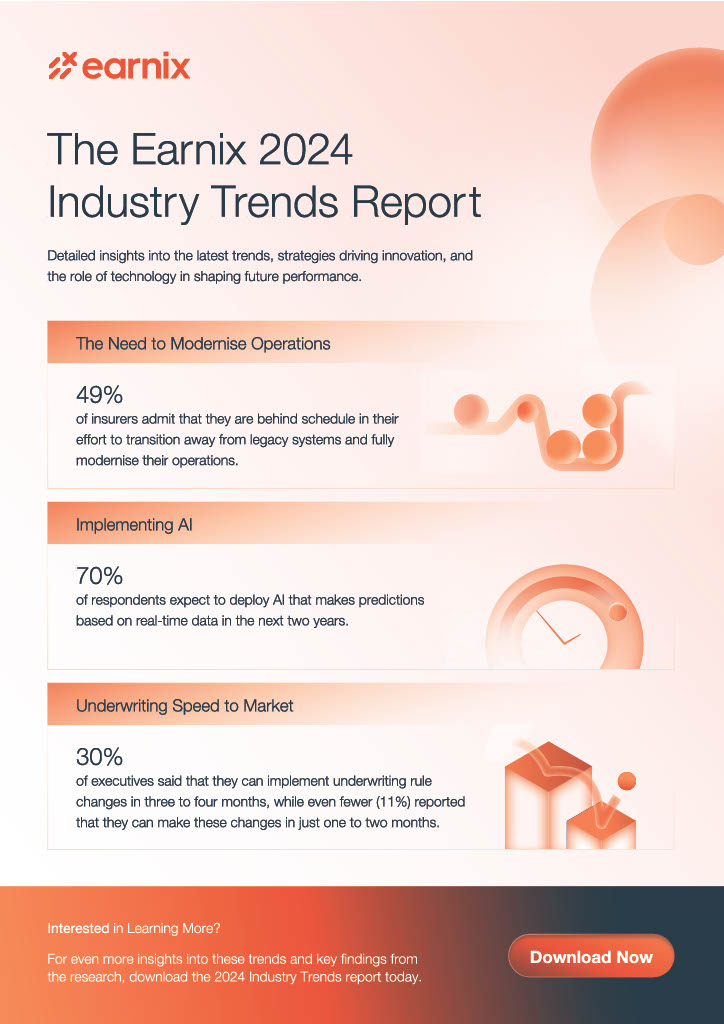The global shipping industry is currently going through major shifts driven by emerging risks, technological advancements, geopolitical and economic transformations. Marine underwriters are constantly faced with the challenge to review their strategies to meet the evolving needs of the client.

Latest Trends in Marine Risks
Geopolitical Risks
The ongoing tensions, conflicts and political instability in various nations has increased the concerns about the safety of shipping routes. The Russian and Ukrainian conflict greatly affected the Black Sea shipping route and the Red Sea to a certain extent therefore affecting trade in these regions. Additionally, several vessels are stranded in the Ukraine waters unable to enter or exit. Diplomatic efforts regarding the stranded ships could facilitate safe passage but the current situation presents potentially huge claims to the insurance industry. This challenge has unsurprisingly increased the cost of insurance for the shipping industry.
Climate Change
Climate related risks are posing significant challenges for the maritime insurance industry. There is need for underwriters to reevaluate risk models as extreme climate conditions such as hurricanes, typhoons and floods are occurring more frequently and with great intensity. Whilst these risks expose the ship to damage, they disrupt international shipping routes and supply chains therefore affecting demand and supply of goods globally. There are arguments that shorter routes may become available as ships navigate alternative routes but there are risks associated with this possibility. There are navigational difficulties, uncharted waters, and other environmental issues like pollution that may arise. In general, hazards associated with climate change may lead to increased rates and fewer options for coverage in high-risk areas.

The Earnix 2024
Industry Trends Report
Detailed insights into the latest trends, strategies driving innovation, and the role of technology in shaping future performance.
Interested in Learning More?
For even more insights into these trends and key findings from the research, download the 2024 Industry Trends report today.
Decarbonization
IRENA report of 2021 highlights that international shipping enables 80-90% of global trade and comprises about 70% of global shipping energy emissions. Decarbonisation is therefore crucial to the maritime industry for sustainability. The shift to low carbon operations however introduces new risks and alters existing ones which requires insurers to adjust their underwriting practises, policy structures and risk management strategies. It’s important for insurers to support the maritime industry in its efforts to reduce carbon emissions by proactively addressing the evolving risk landscape.
Cyber Threats
The use of technology in the maritime industry have reshaped how operations are conducted therefore enhancing efficiency, safety and overall competitiveness. The use of automated systems and interconnected devices have however exposed vessels to cyberattacks which disrupts operations and compromise safety. This implies that cyber insurance is becoming a necessary coverage under the marine policies as policyholders seek coverage for these emerging risks.
Hull and Machinery Insurance cover remains key for clients as it protects them against various loss scenarios. The same applies for Cargo Insurance and Liability Coverage, the increase in international trade and strict environmental regulations has increased the demand for pollution liability as well as cover for goods against damage, theft or delays. Business Interruption and Cyber Insurance demand is also on the rise due to recent global events that has resulted in operational disruptions for the maritime industry as well as the growth in cyber threats.
Brokers plays an important role in the insurance of marine risks, and they can capitalize on the following opportunities:
- Offering specialised risk assessments that considers climate change and cybersecurity therefore offering valuable solutions and insights to the clients.
- Development of eco-friendly supporting insurance products, in this case, assist clients to reduce their carbon footprint.
- Collaborations with Insurtech firms to utilize data analytics and automation therefore enhancing broker capabilities in terms of service delivery and client engagement.
The above opportunities will enable the brokers to add value to the client’s operations, build trust and long-term relationships. For effective execution, it’s crucial for brokers to seek assistance from insurance associations and insurance regulatory bodies. Insurance Associations can offer valuable information into market trends as well as create platforms for networking and client’s trainings. Regulatory bodies on the other hand assist the brokers to stay informed about emerging legislation and compliance requirements affecting the maritime sector.

